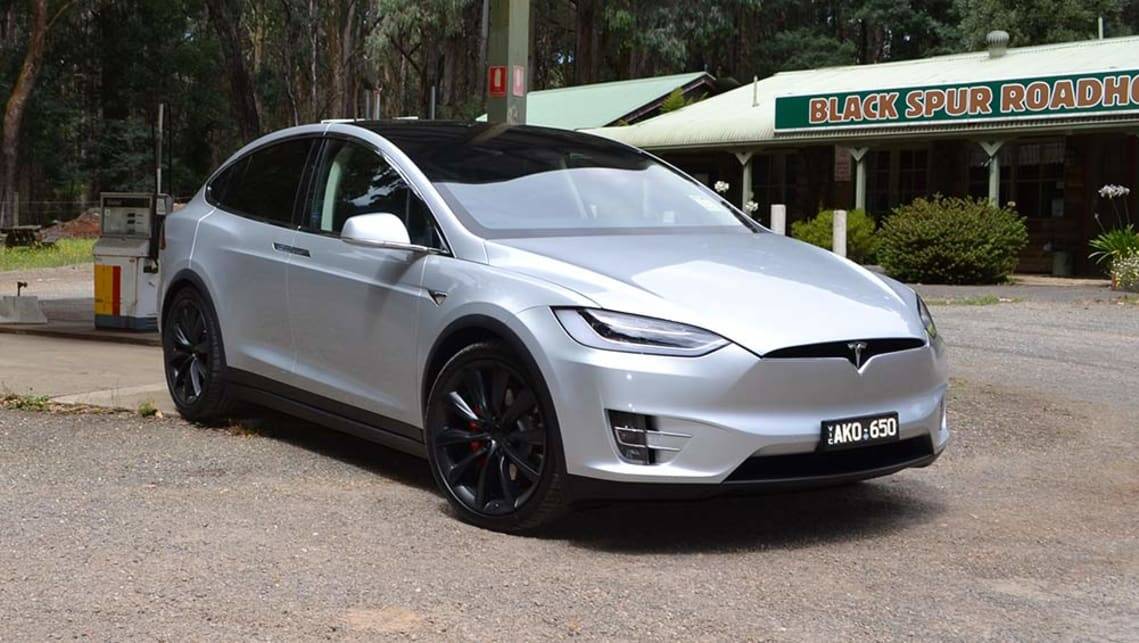Your cart is currently empty!

New tax on motorists could succeed fuel excise: report
States governments are reportedly considering introducing a road-user tax that would initially apply to electric vehicles (EVs) only as a means to combat falling fuel-excise revenues that should fund road maintenance and new infrastructure projects.
Victoria is likely to be the first state to usher in a road-user tax, with it currently under consideration for its budget due in May, according to a report from The Sydney Morning Herald.
New South Wales is said to be watching Victoria’s progress before making its own move, although it already has been discussing such changes with the relevant parties.
If a road-user tax were to be introduced, it would likely charge motorists for every kilometre they travel, which will encourage them to consider other forms of transport and therefore reduce congestion on the roads by only driving when necessary.
Currently, a fuel excise of about four cents per litre applies to petrol and diesel vehicles, with most EVs immune from it due to their lack of an internal-combustion engine (ICE).
As such, a road-user tax would ensure motorists driving these EVs are again regularly contributing to state revenues.
However, research from Infrastructure Partnerships Australia shows that EVs will still be cheaper to own and run than their ICE counterparts if this becomes the case, with at least $3600 in operating costs saved over an eight-year period.
Given the Bureau of Infrastructure, Transport and Regional Economics forecasts that 60 per cent of new vehicles sold by 2046 will be electric, a road-user tax could eventually apply to all motorists as fuel-excise revenues continue to fall, having decreased by 30 per cent since 2001 due to the release of more fuel-efficient vehicles.
by
Tags:
